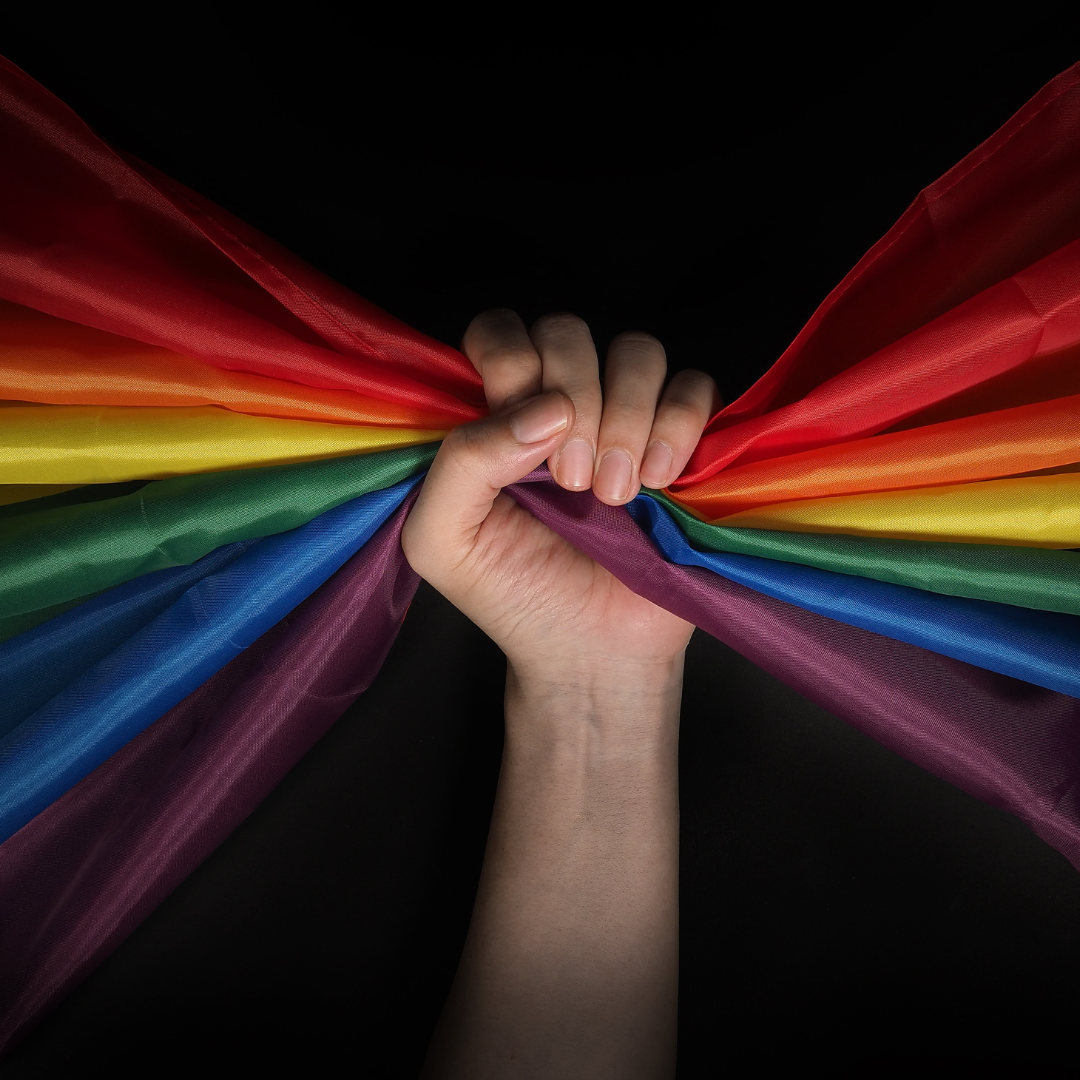As Thailand’s long-awaited equal marriage law comes into effect on Thursday, police officer Pisit “Kew” Sirihirunchai is poised to be among the first to marry his long-term partner, Chanatip “Jane” Sirihirunchai. In a vibrant celebration, approximately 180 same-sex couples are set to register their unions at one of Bangkok’s grandest shopping malls, an event organized with the assistance of city officials to mark this historic legal milestone.
“We have been ready for such a long time,” Pisit expresses with excitement. “We have just been waiting for the law to catch up and support us.” The couple, who have shared seven years together, is eager to formalize their relationship. They have even consulted a Buddhist monk to adopt an auspicious shared last name, Sirihirunchai. Additionally, they have requested a letter of intent from local officials, which they both signed, signaling their commitment to marriage. However, their true dream is to have their union officially recognized by Thai law, granting LGBTQ+ couples equal rights to engage, marry, manage shared assets, inherit, and adopt children. The law also allows them to make medical decisions for each other in times of illness and enables them to access financial benefits, like Pisit’s government pension, for their spouse.
“We want to build a future together – maybe a café, a house,” Pisit elaborates, listing the opportunities the law provides. “We want to take care of each other.” He also hopes to inspire other LGBTQ+ individuals in government service to embrace their identities openly, stating, “They should feel emboldened because they can see us coming out with no repercussions, only positive responses.”
As a younger couple in their mid-30s, Pisit and Chanatip have faced fewer barriers than those who came out earlier. However, for the LGBTQ+ community in Thailand, the journey to this moment has been long and arduous. Despite the country’s reputation for tolerance, activists highlight that it required persistent advocacy to achieve legal recognition.
Rungtiwa Thangkanopast, 59, reflects on her own path, having waited 18 years for this day to arrive. She will marry her partner of 18 years in May. After a previous marriage to a gay man who passed away, Rungtiwa became involved in one of Bangkok’s first lesbian bars. In a poignant moment, she and her partner Phanlavee attempted to register their marriage on Valentine’s Day in 2013, only to be met with rejection and ridicule from the media.
Despite the setbacks, activists continued to push for change. A civil partnership bill was proposed, offering some recognition to same-sex couples, but it fell short of providing equal rights. Following a military coup in 2014 that disrupted progress, it took another decade for full marriage equality to be achieved, largely due to the rise of progressive political parties advocating for LGBTQ+ rights.
The shift in societal attitudes played a crucial role, with many Western countries already recognizing same-sex marriage. The new law was passed last year with overwhelming support—400 votes in favor and just 10 against. Even within the conservative Senate, only four opposed the legislation. Couples like Rungtiwa and Phanlavee can now celebrate their love openly, free from the fear of societal backlash.
“This law brings legitimacy to our family,” Rungtiwa states. “We are no longer viewed as outcasts just because our daughter isn’t raised by heterosexual parents.” The new legislation replaces gender-specific terms in the Thai Civil Code with neutral terms, allowing for a more inclusive definition of marriage.
However, there remain challenges. Many laws in the Thai legal code have yet to be made gender-neutral, and issues surrounding surrogacy for same-sex couples persist. Parental definitions still require a mother and a father, and individuals cannot yet amend their official documents to reflect their preferred gender. Activists stress the importance of continuing the fight for further reforms.
This moment is historic for Thailand, a significant outlier in Asia for recognizing marriage equality, particularly for older couples who have navigated shifting societal attitudes over the years. Chakkrit “Ink” Vadhanavira, who has been with his partner Prinn for 24 years, expresses hope that stereotypes about gay relationships will dissipate.







